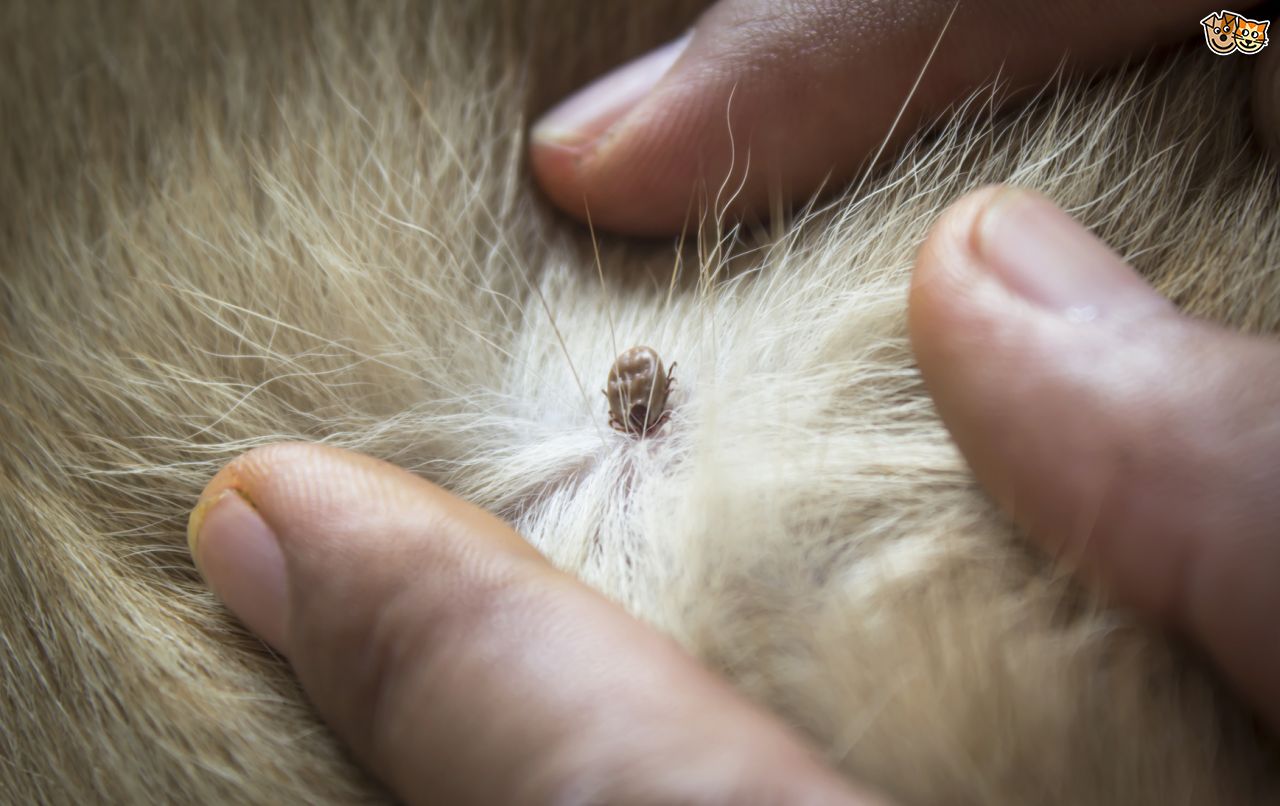If you have a dog, chances are you will find yourself in need of ridding them of fleas at least once. Below are a few suggestions to help you with the task. Keep an Eye on Your Pet Watch your pet for commons signs and symptoms of a flea infestation such as excessive biting and scratching, particularly around the tail and lower back areas. Check for raw patches of skin where your dog may have been scratching at fleas for some time. Another bit of evidence is "flea debris," specks of dried blood that are black in color.
Flea Collars and Powders
If you have caught the problem relatively early, it may be possible to eliminate fleas by simply using flea collars and powders. There are several brands and types to choose from, and many contain a special comb with fine teeth that is designed to remove fleas from fur.Flea Baths
It's helpful to bathe your pet frequently using a specially formulated soap or treatment. It's necessary to take into consideration the type of fur or coat your pet has when bathing. This is particularly true for dogs as some breeds have essential oils that shouldn't be washed away with soap and water more than once or twice a year. If bathing in a flea bath isn't an option for your pet, consult your vet for other alternatives.Monthly Medication
There are pills available for your pet to take on a monthly basis that will prevent fleas from reproducing, but they do not kill the ones that have already reached adulthood. There are also multi-purpose medications and products available that are designed to prevent fleas from reproducing as well as controlling heartworm, hookworms, whipworms and roundworms.Drops
Drops are applied to the skin by parting the fur at the base of the neck between the shoulder blades.Drops must be applied in this area to prevent your dog from being able to lick the area.Flea spray
Flea spray is used on carpets ,rugs, and dogs bedding to prevent reinfestationFleas will always exist, but with careful planning and proper treatment, they need not become a problem for you or your pet.








0 Comments